In a stunning find, marine scientists have uncovered a new species of sea cucumber in the chilly waters of the Gulf of Alaska.
Documented in the ‘Biodiversity Data Journal’ this past June, the creature sports a striking pale pink violet shade and boasts an astonishing 214 tube-like feet, enhancing its adaptability and function in the deep-sea ecosystem.
The McDaniel Sea Cucumber: A Nod to a Nature Lover
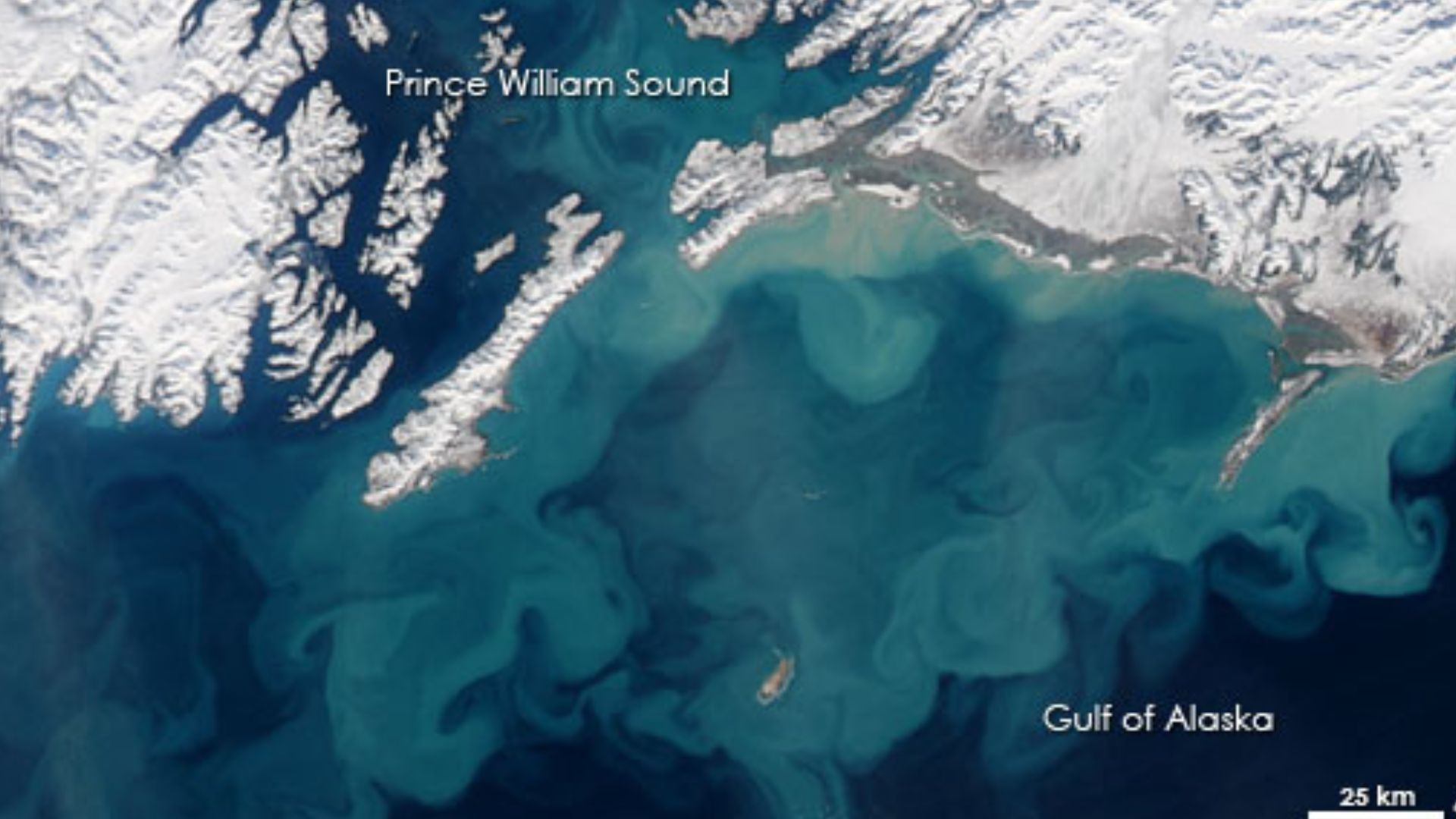
In honor of Neil McDaniel, a passionate Canadian naturalist renowned for his studies of underwater life forms, this newly discovered sea cucumber bears his name.
Recognizing McDaniel’s lifelong dedication, researchers have dubbed the species the McDaniel sea cucumber, linking new discoveries to his rich legacy.
A Legacy Carried Forward
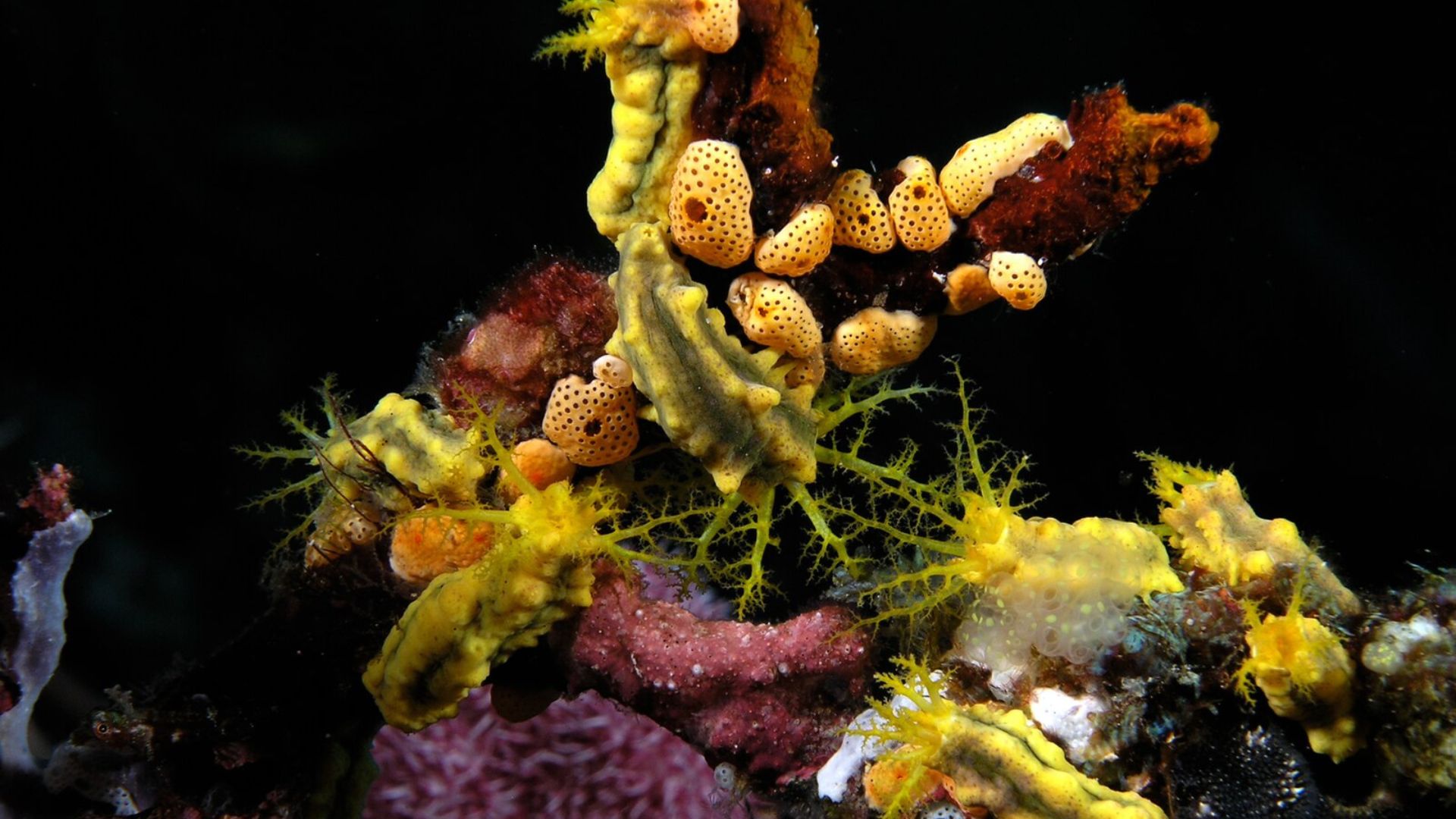
Naming the new sea cucumber after Neil McDaniel is a testament to his influential work in marine biology.
This acknowledgment bridges past research with new findings, celebrating the collaborative spirit that drives scientific exploration and discovery.
What Does a Sea Cucumber Eat?
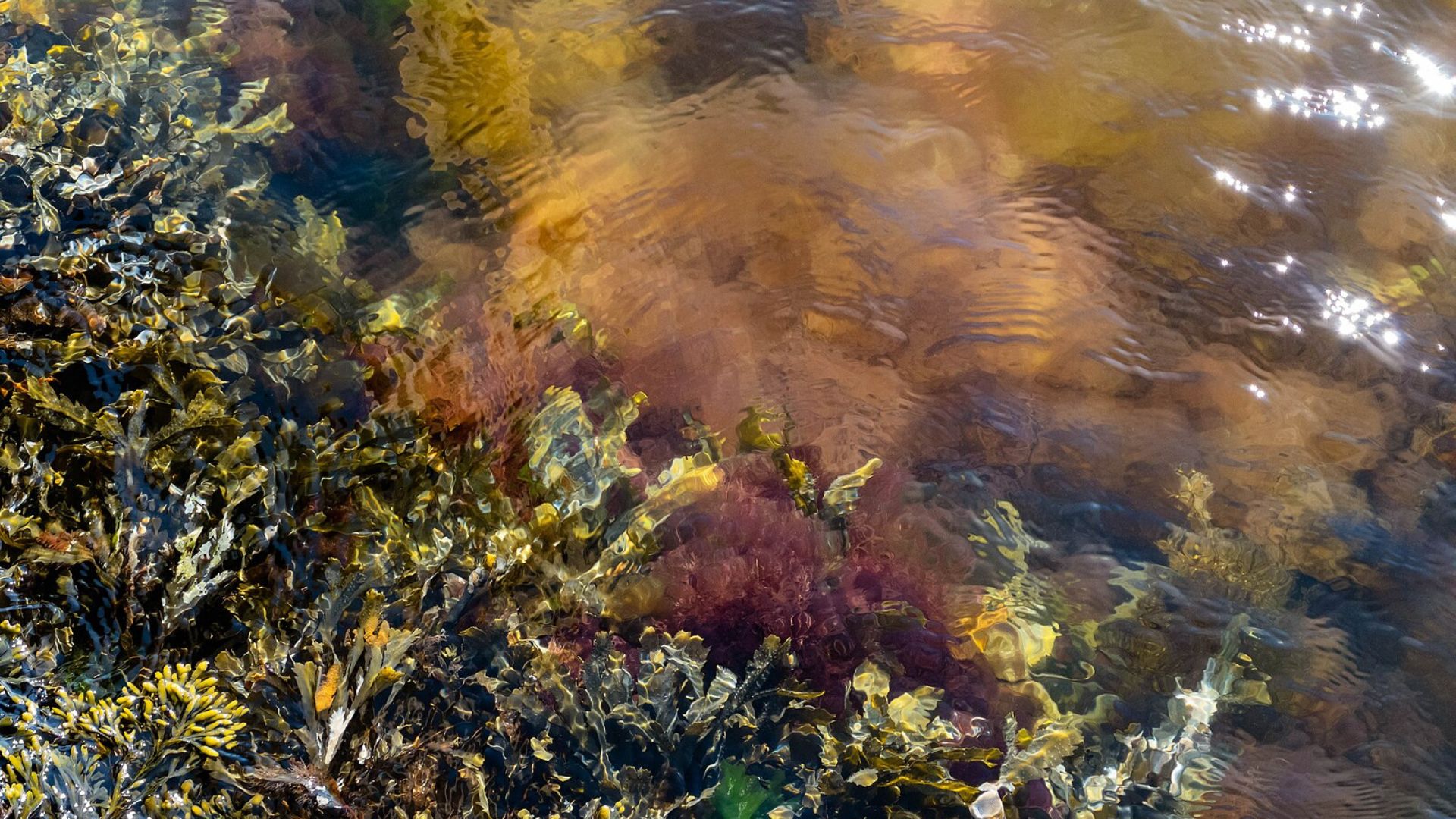
Arnold Rakaj, a marine biologist from the University of Rome, provides insight into the diet of sea cucumbers, which consists mainly of fish waste, algae, and other organic debris found on the seafloor.
Their feeding habits are crucial for the ecological balance of their habitats, influencing both nutrient cycles and the broader marine food web.
The Underwater Janitors
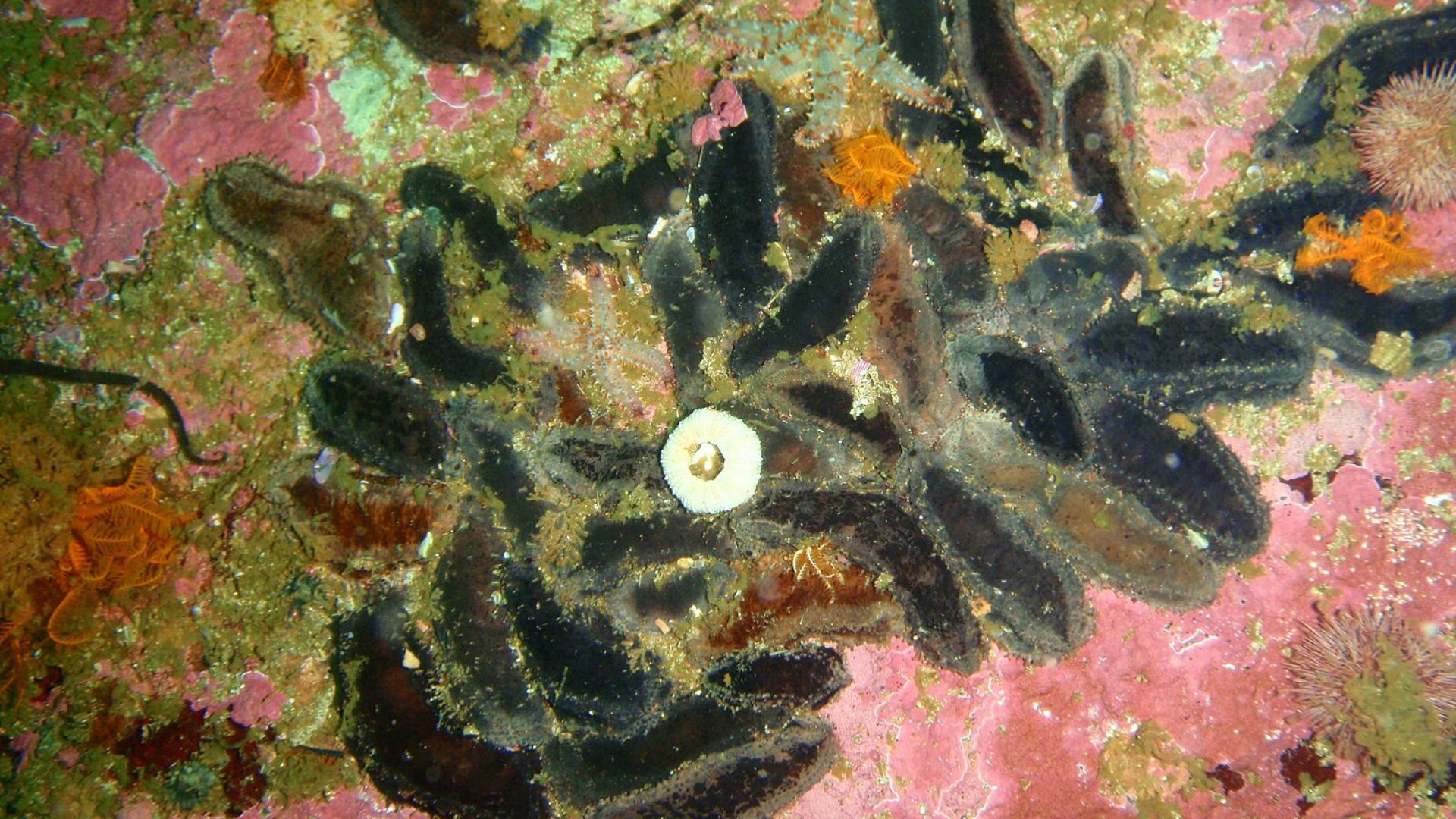
Dubbed the “janitors of the sea,” sea cucumbers play an essential role in maintaining the cleanliness and overall health of the ocean’s floor.
They process and recycle organic materials, contributing significantly to the stability of marine ecosystems.
Masters of Marine Filtration
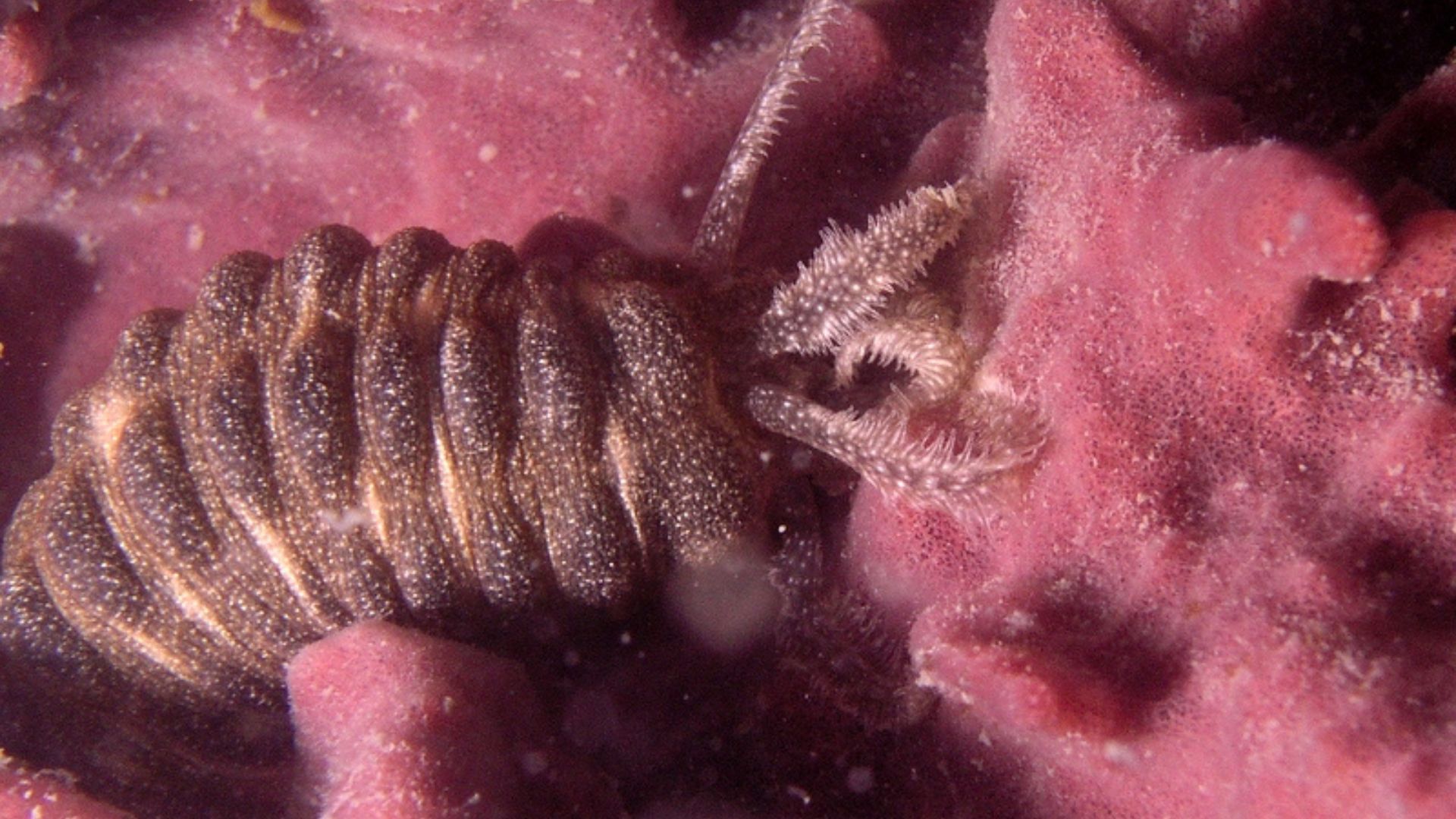
Professor Ove Hoegh-Guldberg highlights their critical role during an underwater dive, stating, “Sea cucumbers have a very important role, they’re literally the underwater vacuum cleaners.”
Their natural filtration activity is vital for preserving marine environments, crucial for ecosystem health and sustainability.
Natural Cleaners of the Sea
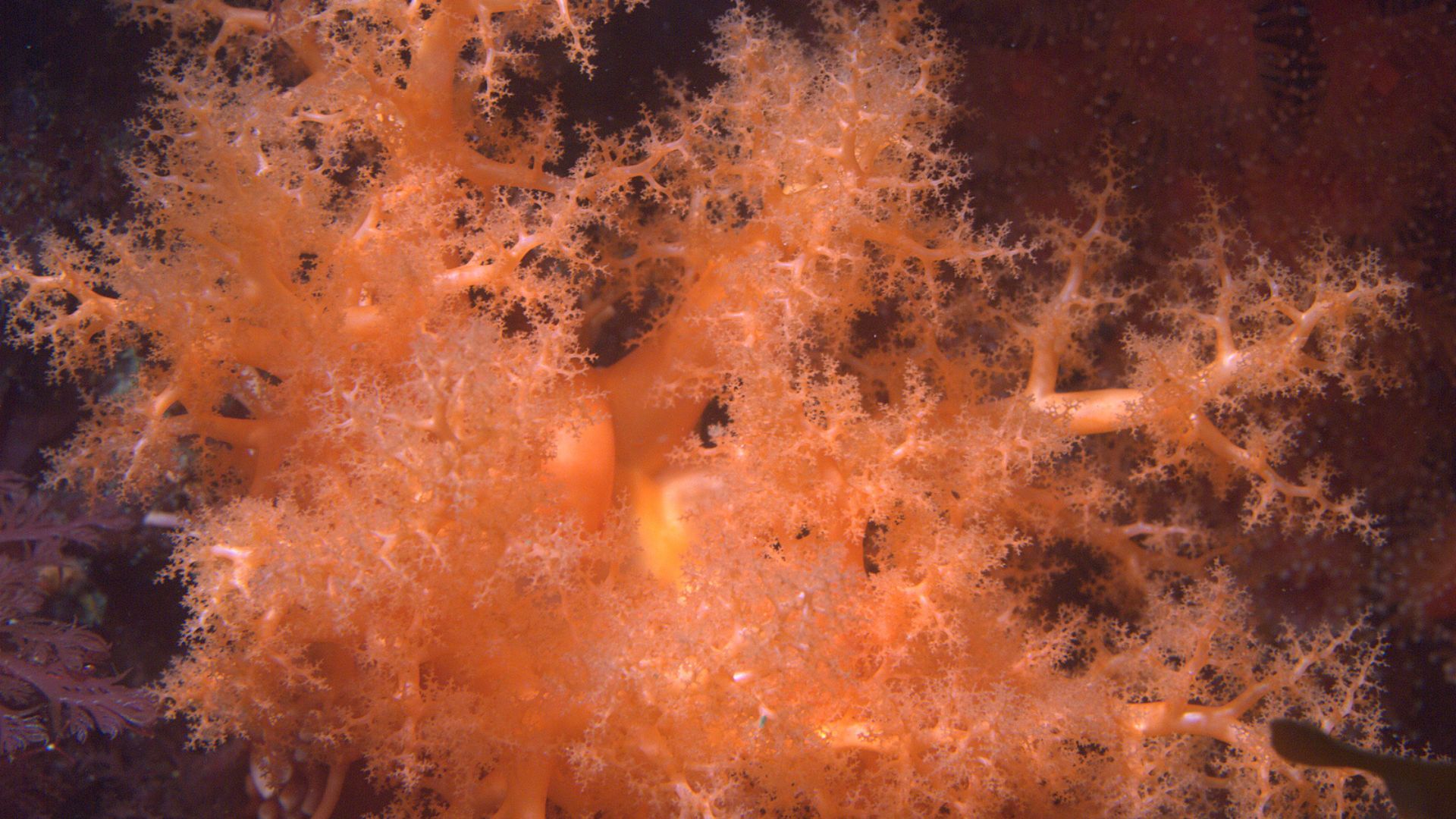
Sea cucumbers contribute to cleaner, more stable sandy habitats by ingesting sand and then excreting it free of much organic debris.
This process not only cleanses but stabilizes the seafloor, benefiting numerous marine species that rely on these balanced environments.
Protectors of Coral Reefs
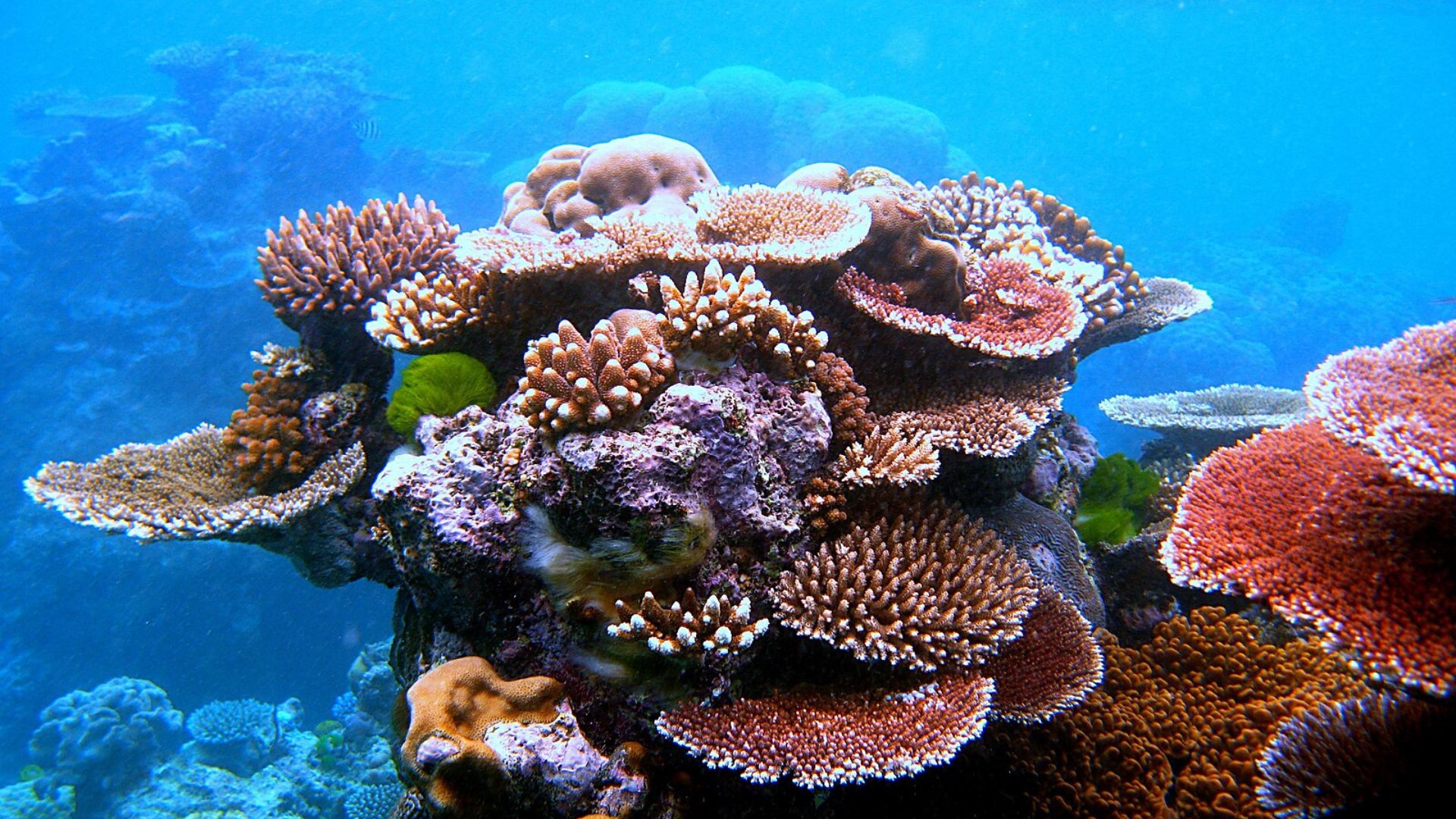
The activity of sea cucumbers leads to increased levels of calcium carbonate, a vital element for coral vitality and growth.
This is especially critical in countering the effects of ocean acidification and supporting threatened coral ecosystems.
Fighting Against Ocean Acidification
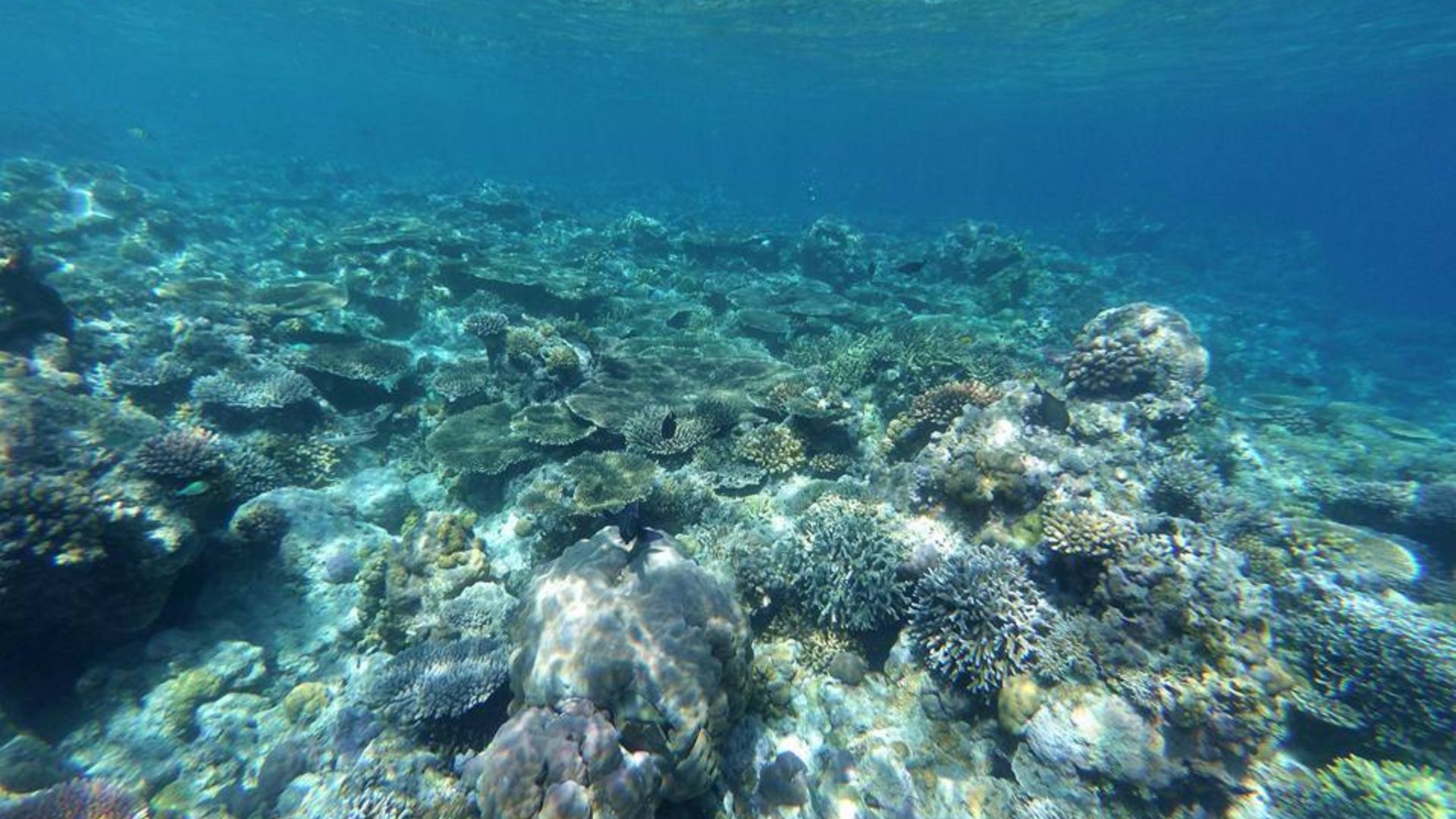
“Sea cucumbers are crucial as they help maintain the natural turnover of calcium carbonate in healthy reefs,” explains Professor Maria Byrne from the University of Sydney.
Their role in dissolving calcium carbonate sediment is key to the structural and chemical balance necessary for reef health.
Vulnerability Amid Human Pressures
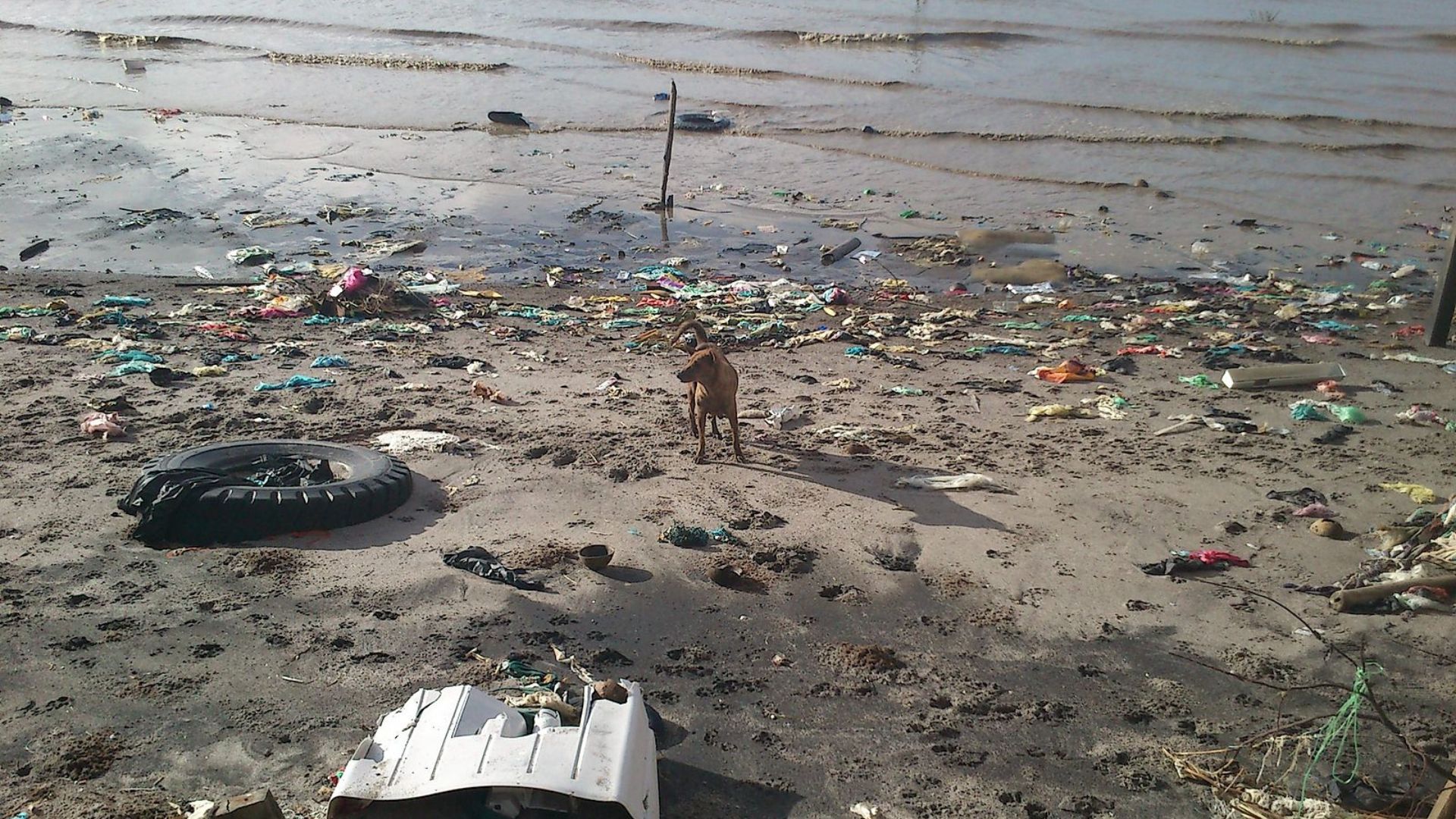
Sea cucumber populations are dwindling due to overfishing and environmental pollution, illustrating the urgent need for enhanced conservation efforts.
These organisms are integral to the health of their ecosystems, and their decline signals a pressing ecological challenge.
A Beacon of Conservation Hope
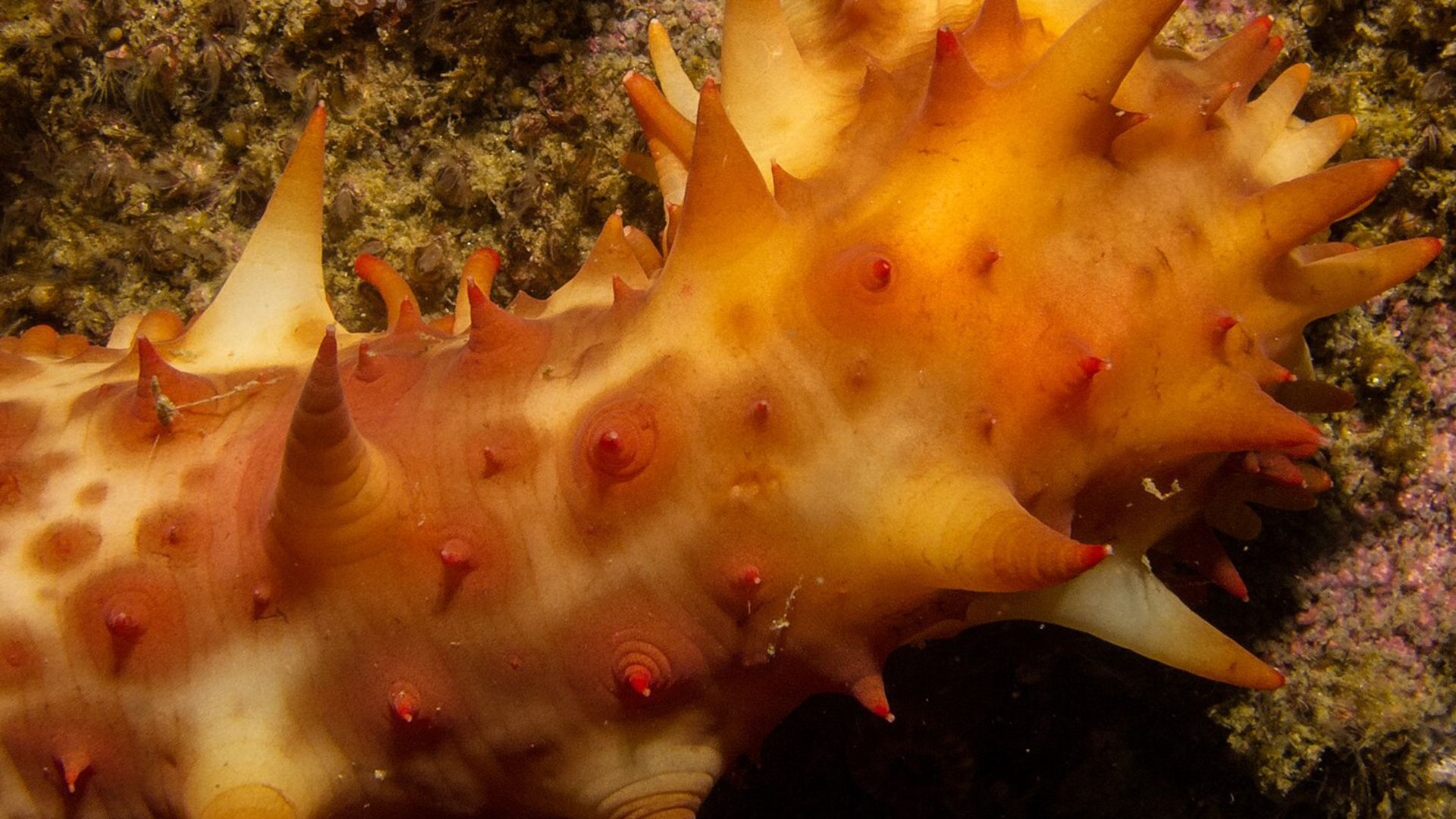
The discovery of the McDaniel sea cucumber offers hope for the future conservation of these species, suggesting potential for population recovery and ecosystem stability.
Such findings can galvanize further research and conservation actions.
Essential Allies of the Marine World
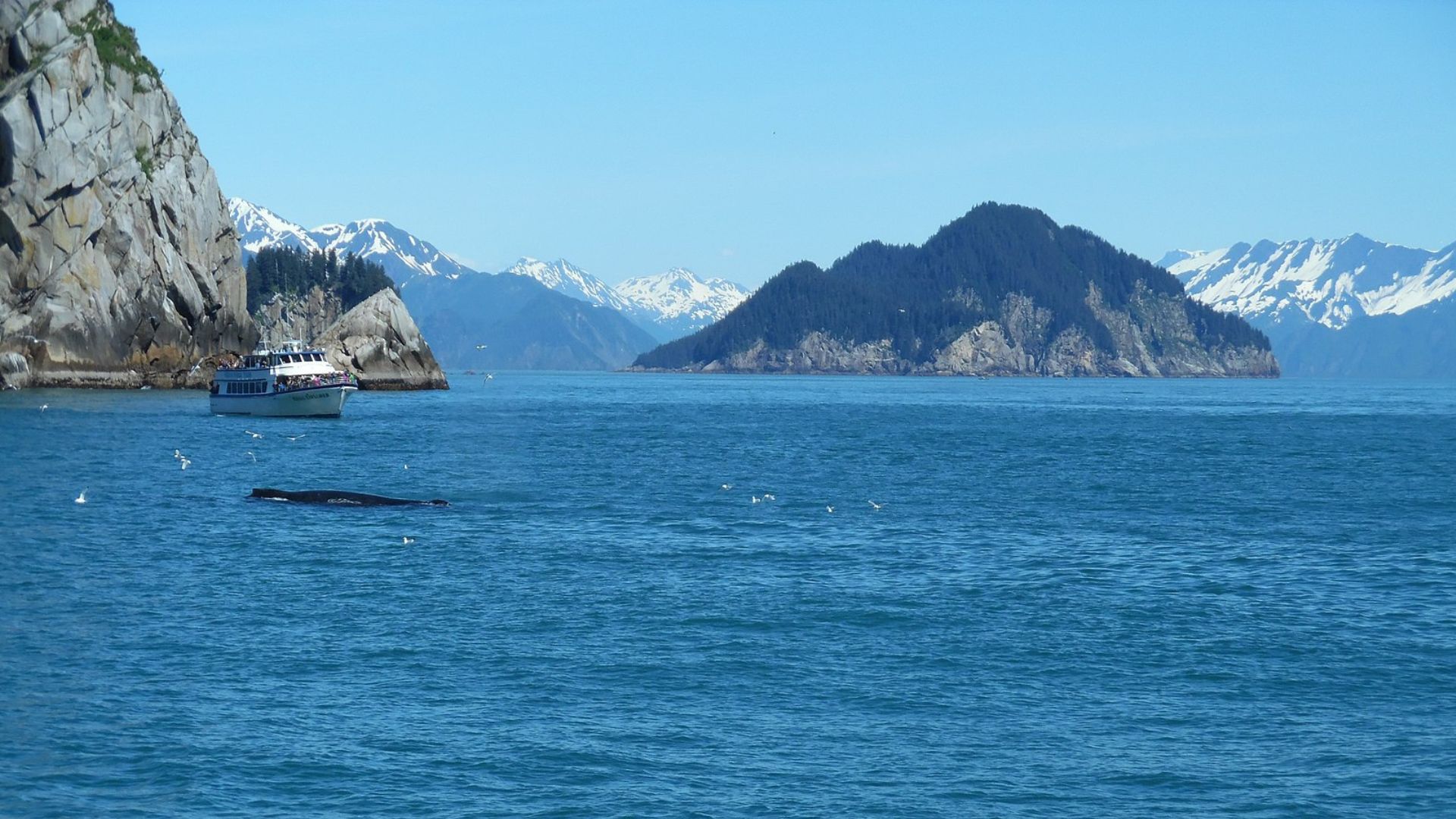
Speaking to NPR, marine ecologist Cody Clements emphasized, “Sea cucumbers provide an extra level of insurance against the things that are causing coral decline.”
This demonstrates their role not merely as ocean cleaners but as vital players in maintaining the resilience of marine ecosystems.

